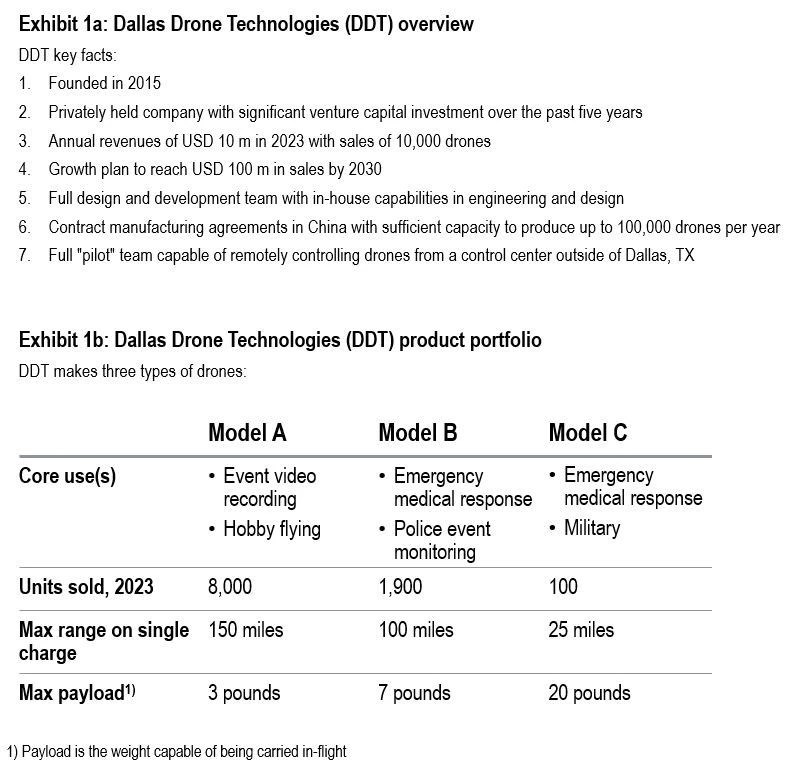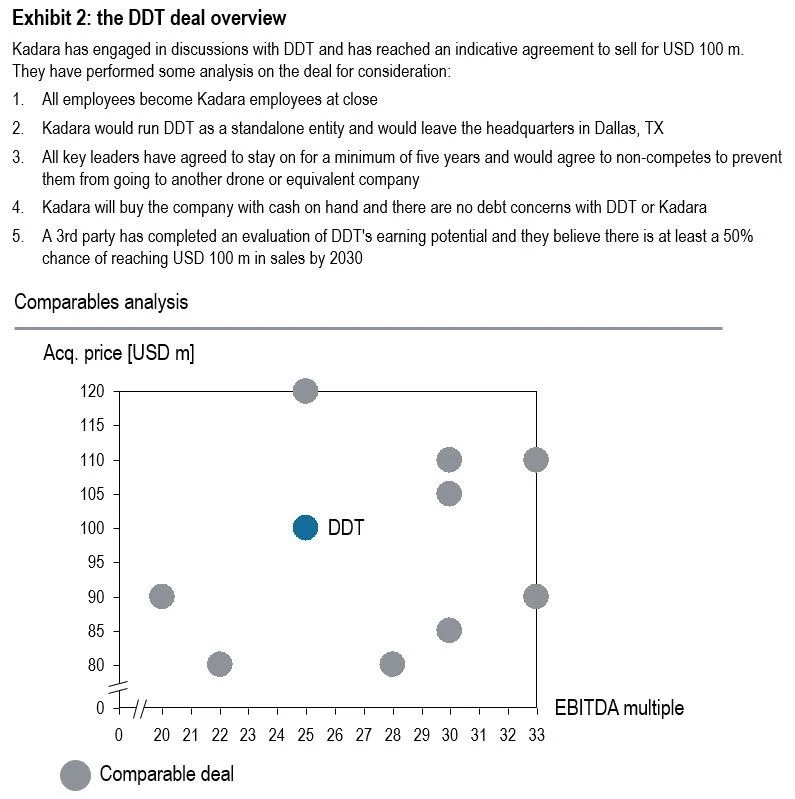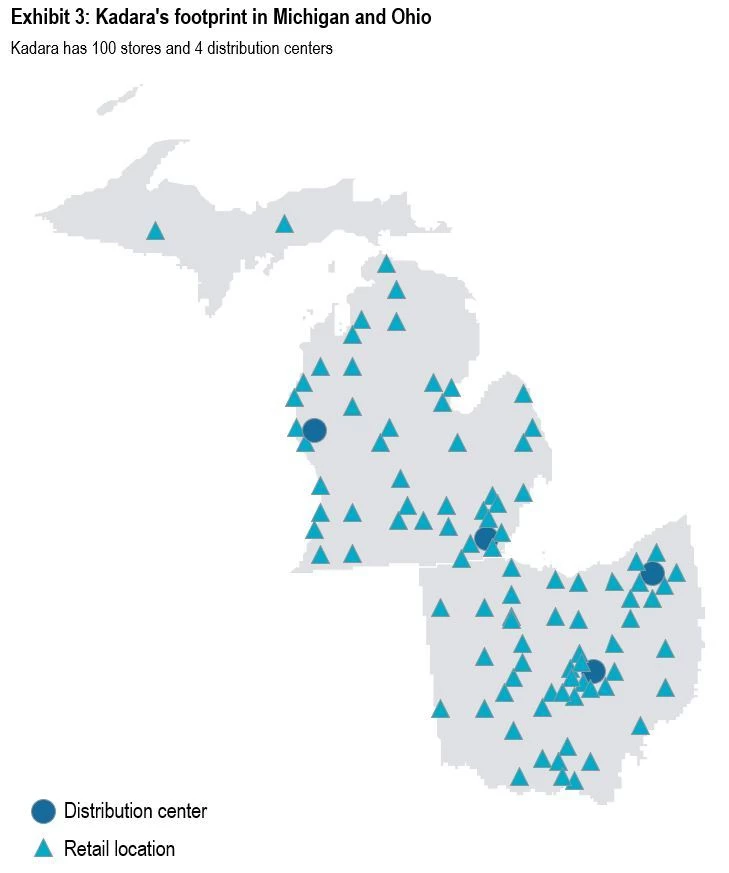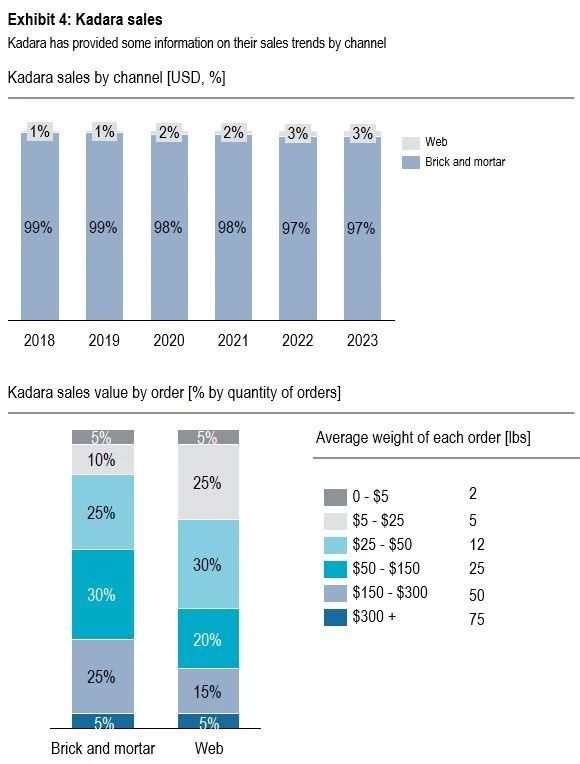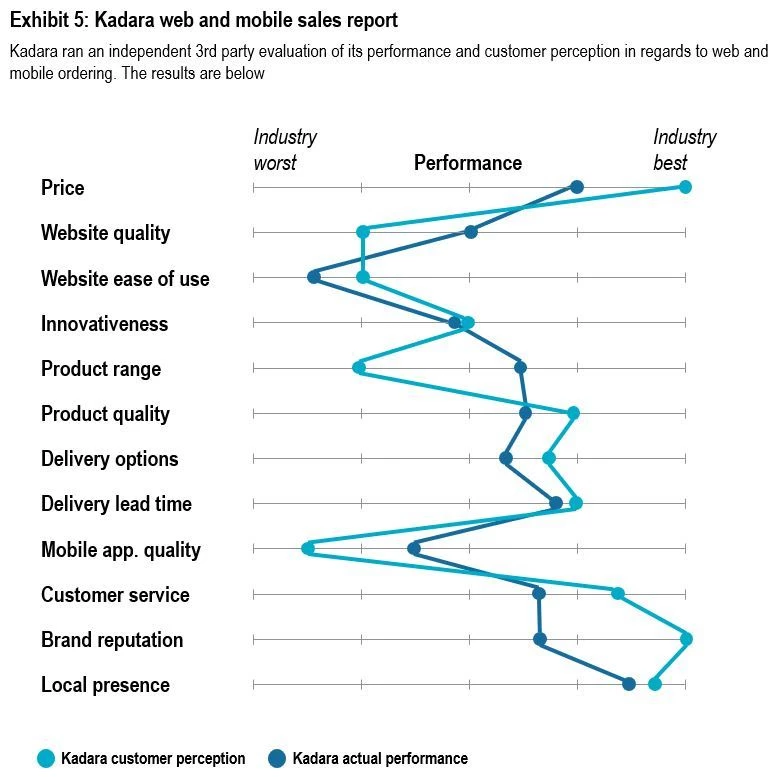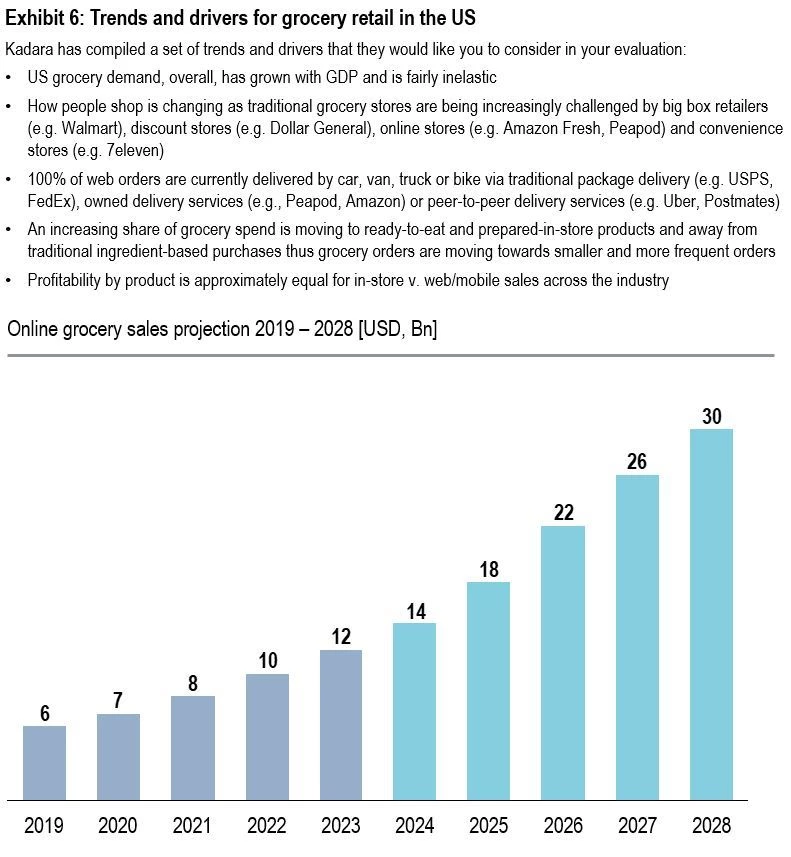Business Strategy: Home Delivery Solution for Retailer Chain
Kadara, a privately-held US retailer active in the Midwest with annual sales of approximately USD 3 bn, is trying to figure out a solution to last-mile home delivery. The company currently operates out of 100 brick-and-mortar stores selling primarily groceries and home essentials (e.g. paper towels, diapers, blenders). They also sell all non-perishable products offered in their stores through their website. Currently, all sales from their website are delivered via 3rd parties (e.g. FedEx, USPS), picking up products from regional distribution centers, and their minimum delivery time is next day. Kadara does not have out-of-store delivery options but they know that services such as Instacart and Postmates are being used by customers to arrange home delivery of groceries. Kadara's management believes that they are, at best, leaving money on the table due to their limited home delivery options and, at worst, at risk of being de-selected by customers as they move towards delivery options.
Kadara’s future CEO, the granddaughter of the founder, has jumped on the chance to move the company into the future. To that end, she has developed a recommendation to Kadara's board to buy Dallas Drone Technologies (DDT). DDT designs, manufactures and operates small-to-midsize flying drones. Their initial models focused on aerial photography but they added goods movement capabilities about two years ago. The future CEO believes that drone delivery is key and that Kadara should buy DDT for USD 100 m to become a leader in the space.
Kadara's current CEO would like your help specifically in evaluating the option to buy DDT and generally in how to think about home delivery and the future of their business.
Case Comments
Acquisition Decision
Should Kadara buy DDT? Why or why not?
Strategic Recommendation
With or without the acquisition of DDT, what do you recommend Kadara do next with regards to home delivery?

